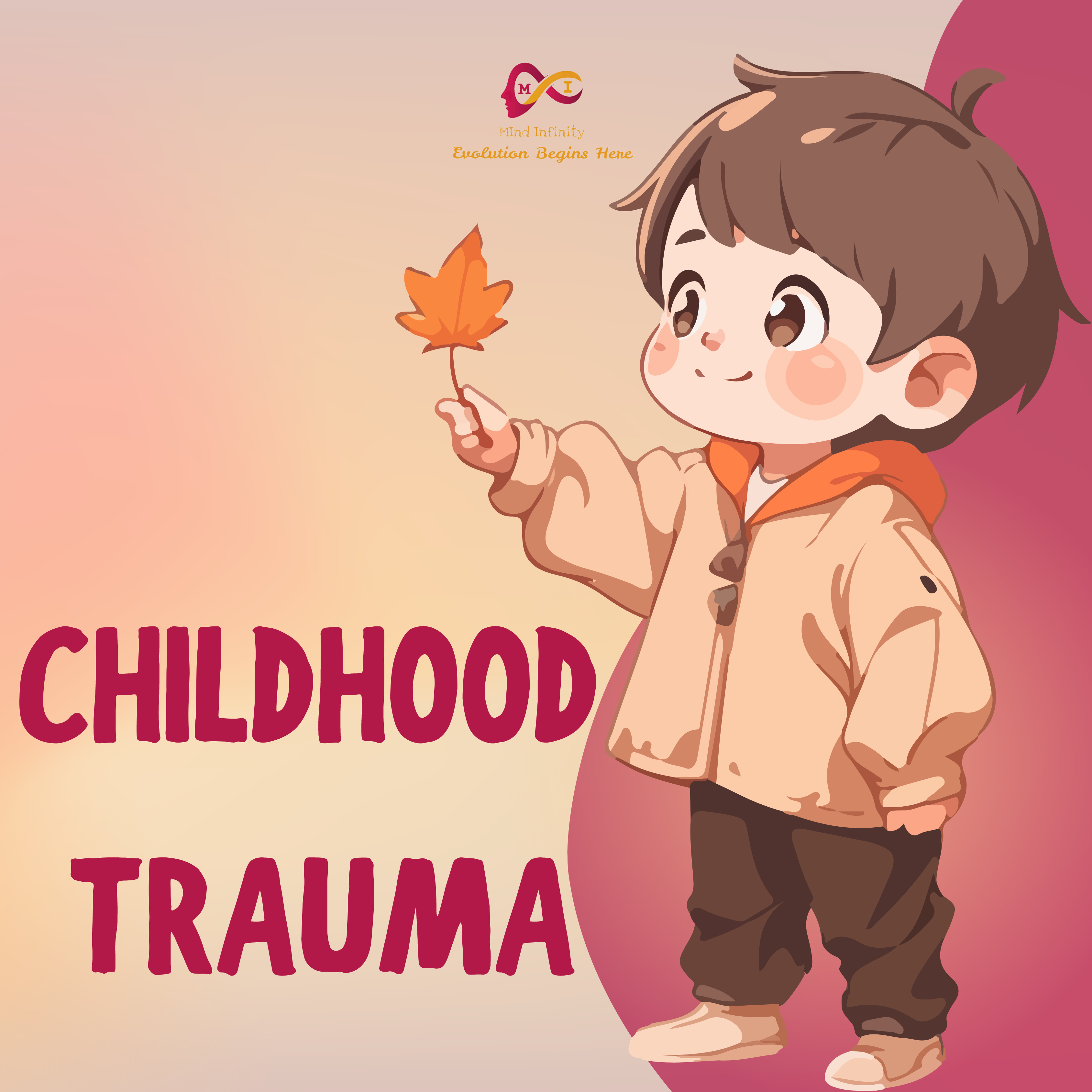Impact of Childhood Trauma on Female Children Due to Absence of Fathers
Childhood is a crucial phase in the development of emotional, psychological, and social bonds, particularly between a child and their parents. For many girls, the absence of a father during this critical period can lead to feelings of insecurity, fear, and confusion. Whether due to professional commitments, divorce, death, or substance abuse, the absence of a father can deeply affect a girl’s development. In many Asian societies, especially in India, traditional gender roles often exacerbate these issues, further complicating the father-daughter relationship.

The Role of Fathers in a Daughter’s Development
Fathers play a critical role in shaping their daughters’ self-esteem, emotional stability, and sense of security. Studies have shown that when fathers are involved in their daughters’ lives, girls tend to have higher levels of confidence, better emotional regulation, and a more positive outlook on life. A father’s presence can influence a daughter’s perception of men and the world around her, shaping her future relationships.
However, when fathers are absent, either physically or emotionally, this bond is disrupted, leading to feelings of insecurity and abandonment. Daughters may struggle with forming healthy relationships, experience trust issues, or develop feelings of inadequacy.
Childhood Trauma
Causes of Father-Daughter Separation
- Professional Commitments: One common reason for a father’s absence is work-related obligations. In families where the father is posted in a different city or country for his job, frequent or prolonged absences can lead to a strained relationship. This is particularly common in military families, where postings in remote or conflict-prone areas keep fathers away for extended periods. While the intent is to provide financial stability, the emotional cost of this separation can be significant.
- Divorce and Separation: Divorce or separation often results in children living with their mothers, limiting their interaction with their fathers. In many cases, fathers may not be consistently present in their children’s lives post-divorce, leading to emotional gaps. Daughters may feel abandoned or unwanted, which can affect their emotional health.
- Substance Abuse: In some cases, fathers who struggle with addiction—whether to drugs, alcohol, or other substances—may become emotionally unavailable or physically absent. Addiction often leads to unpredictable behavior, which can create an unsafe or unstable home environment. Daughters of addicted fathers often develop trust issues and emotional scars that carry into adulthood.
- Death of a Father: The loss of a father due to death is an immeasurable trauma for a young girl. In such cases, daughters may feel incomplete or lost, grieving not only the physical absence of their father but also the loss of potential memories, guidance, and emotional support.
- Cultural and Traditional Gender Roles: In many Asian countries, especially in India, gender roles and societal expectations often downplay the emotional needs of female children. In some traditional families, daughters may not receive as much attention, love, or support compared to sons. Fathers, in particular, may have limited interaction with their daughters due to deeply rooted cultural beliefs that emphasize the superiority of sons.
This can create a feeling of neglect in daughters, leading to low self-worth and a lack of emotional security. The cultural divide between fathers and daughters in such environments prevents the formation of a strong emotional bond, leaving daughters to feel undervalued.
Consequences of an Absent Father
- Insecurity and Fear: The absence of a father figure can lead to an overall sense of insecurity. A girl who grows up without the protection or guidance of her father may feel vulnerable in her relationships and interactions with men. This emotional insecurity can make it difficult for her to form trusting, healthy relationships as she grows older.
- Trust Issues: Without a stable male figure during childhood, daughters may develop trust issues. Whether due to abandonment, emotional neglect, or inconsistent behavior from their father, they may struggle with trusting men, fearing abandonment or betrayal.
- Low Self-Esteem: Girls who grow up without a father or with an emotionally unavailable one may have lower self-esteem. Fathers often provide validation and help build a girl’s self-confidence, and without that presence, girls may feel unworthy or inadequate.
- Difficulty in Forming Relationships: The absence of a father can also lead to challenges in forming and maintaining relationships, particularly with male partners. Many daughters of absent fathers struggle with setting boundaries, trusting their partners, or believing they are deserving of love.
- Rebellion and Behavioral Issues: In some cases, the lack of a father figure may result in rebellious or attention-seeking behavior. Daughters may act out in an attempt to gain the attention or approval that they missed from their fathers, leading to behavioral problems.
Moving Forward: Healing the Father-Daughter Bond
While the impact of an absent father can be significant, healing and growth are possible. Recognizing the trauma and seeking help through therapy, counseling, or support groups can aid daughters in addressing their emotional wounds. For fathers, understanding the crucial role they play in their daughters’ lives, even in situations where they may not be physically present, can help foster healthier relationships.
Society, too, must evolve to ensure that girls are not undervalued or neglected due to traditional gender roles. Every child, regardless of gender, deserves emotional security, love, and attention from both parents. Fathers, in particular, must be encouraged to nurture strong bonds with their daughters, not just for the sake of their daughters’ well-being but for the overall health and stability of the family unit.
Conclusion
The absence of a father during childhood can leave a deep emotional impact on a girl, affecting her sense of security, self-esteem, and future relationships. Whether due to professional commitments, divorce, substance abuse, or cultural norms, the reasons for this absence may vary, but the consequences are often similar. Addressing this issue requires both societal change and personal healing to ensure that every daughter feels valued, secure, and loved.

Comments are closed